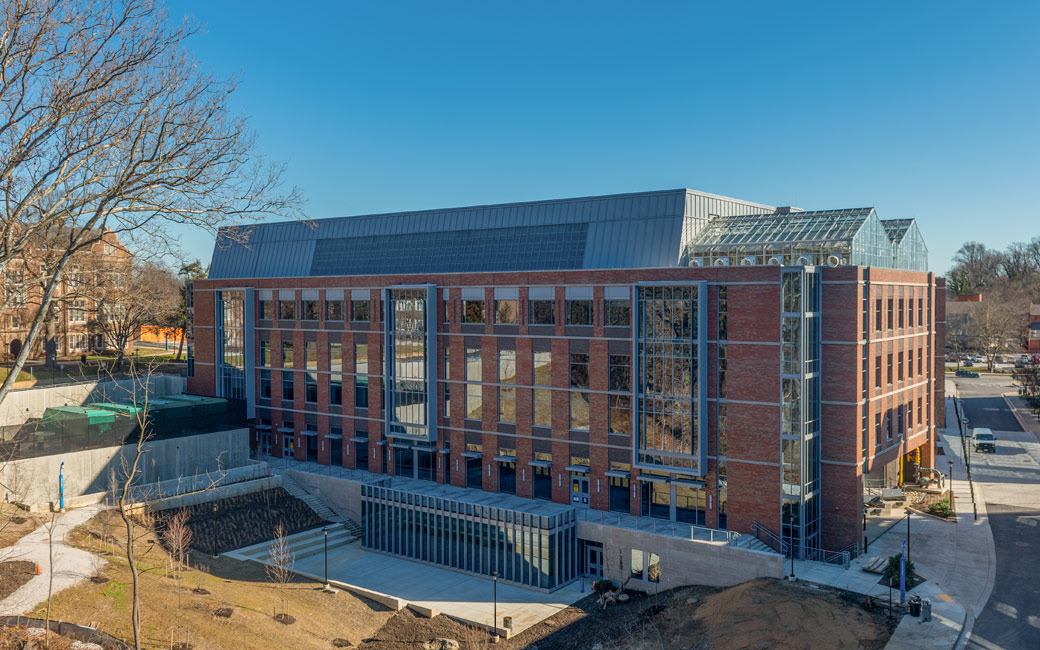Baltimore earthquake 'rare,' TU faculty member says
David Vanko, dean of the Fisher College of Science & Mathematics, explains why quakes are uncommon in the region
By Cody Boteler on June 25, 2021

At about 3:40 p.m. on Friday, June 25, many in the greater Baltimore area began asking themselves the same questions: What was that loud noise? Why did my house just shake?
The culprit, per the U.S. Geological Survey, was a 2.6 magnitude earthquake that originated just west of the Baltimore City line near Woodlawn, in Baltimore County, at a depth of about 2.5 kilometers.
It's unusual for this part of the country to experience earthquakes, says David Vanko, dean of the Fisher College of Science and Mathematics. That's because Maryland is far away from any of the boundaries between tectonic plates.
Don't let data worries keep you from Twitter.
— Twitter (@Twitter) August 13, 2018
https://t.co/vt2K81Cnf3
"Earthquakes are a tectonic phenomenon. They tell you where the Earth’s crust is being strained by the interaction of tectonic plates," he says. "So it's pretty rare to feel a quake around here."
Towson University's Department of Physics, Astronomy and Geosciences offers programs in geology, including a major and a minor. Vanko himself has an academic background in geology.
Interested in geology? Check out programs in geosciences at Towson University.
Geosciences programs Geology majorMaryland, and the entire east coast of the United States, is solidly within the North American Plate. Earthquakes can and do occur within tectonic plates, but it is nowhere near as common as an earthquake occuring along the boundaries of tectonic plates, Vanko says.
These intra-plate quakes paint a picture of Earth's deep geologic past. When they occur, Vanko says, it's a reminder of where ancient plates used to be, hundreds of millions of years ago.
The Appalachian Mountains mark an ancient plate boundary. There were, 300 million years ago, very active faults in what became this region," Vanko says. "But now, those rocks are so old and so, sort of ‘relaxed,’ if you want to think about it that way, they only occasionally have little creaks and bumps."
Not much damage is expected from such a small earthquake, Vanko says. At the most, he expects to see a cracked chimney or two, because, "They stand up tall and they shake."
Members of the media looking to speak with faculty experts at Towson University should contact Matt Palmer, director of media relations and news, at mpalmer@towson.edu.